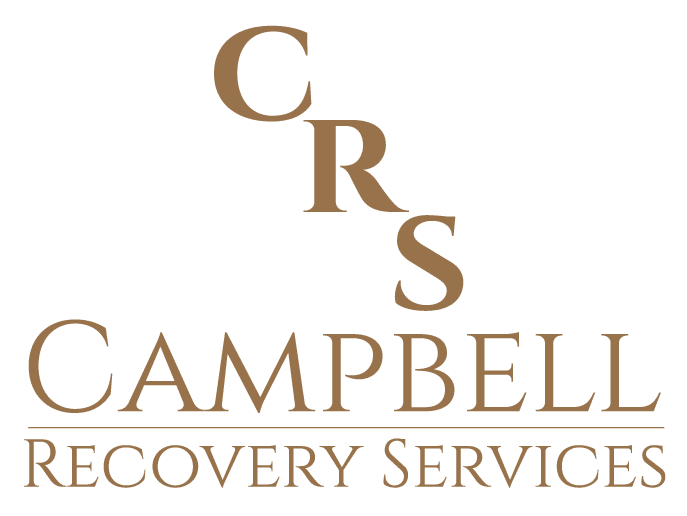Sometimes the most powerful tools in recovery are also the simplest. One of those tools is HALT, a four-letter acronym that stands for Hungry, Angry, Lonely, and Tired. At Campbell Recovery Services, we teach our clients to use HALT as a daily check-in. It offers a moment to pause, reflect, and identify unmet needs before they turn into relapse triggers or emotional overload.
When someone is healing from addiction, trauma, or codependency, learning how to listen to internal cues can be life changing. HALT gives structure to that process.
What HALT Stands For and Why It Matters
Each letter in HALT represents a state that increases emotional vulnerability. When left unchecked, these states can lead to impulsive decisions or self-destructive behaviors. Understanding them creates space for healthier choices.
- Hungry
Hunger affects both the body and mind. When physical hunger is ignored, it can lead to irritability, low energy, or difficulty concentrating. Emotional hunger is also important. A craving for attention, affection, or meaning can create feelings of emptiness that are easily misunderstood. Identifying what kind of hunger is present helps prevent unhealthy coping patterns. - Angry
Anger is not a bad emotion, but when it builds up without being acknowledged, it often leads to poor decisions or conflict. Many people in recovery were never taught how to express anger in a healthy way. They may suppress it or lash out unexpectedly. Taking time to notice and name anger allows for emotional processing and release. - Lonely
Loneliness can be a quiet trigger that grows stronger over time. Even people who are surrounded by others can feel emotionally isolated. If left unaddressed, loneliness can lead to depression or the urge to use substances just to feel connected or numb. Recovery involves learning how to reconnect with others and with yourself. - Tired
Fatigue impacts more than just energy levels. It affects focus, decision-making, and emotional regulation. When the body and brain are tired, old patterns can easily resurface. Rest is not a luxury in recovery, it is a necessity. Tuning in to signs of tiredness allows you to slow down and care for your body before burnout takes hold.
How to Use HALT in Daily Life
At Campbell Recovery Services, we encourage clients to use HALT in the middle of a tough moment or even as a routine check-in. You can simply ask yourself:
- Am I hungry
- Am I angry
- Am I lonely
- Am I tired
If the answer is yes to any of these, it is a signal to pause and address that need directly. This might mean having a healthy meal, taking a walk, calling a friend, setting a boundary, or going to bed early.
HALT is Prevention, Not Punishment
Using HALT is not about judgment or discipline. It is a compassionate tool that helps you notice what is happening inside before things spiral. It brings awareness and agency back into your day.
Recovery Happens in the Small Moments
Big breakthroughs in recovery are powerful, but small moments of awareness and choice are just as important. HALT helps you slow down, stay grounded, and respond to yourself with kindness and care.
Call to Action
If you are looking for tools that support emotional clarity and lasting recovery, Campbell Recovery Services is here to help. Contact us today to learn more about how HALT and other therapeutic strategies can support your healing journey.





